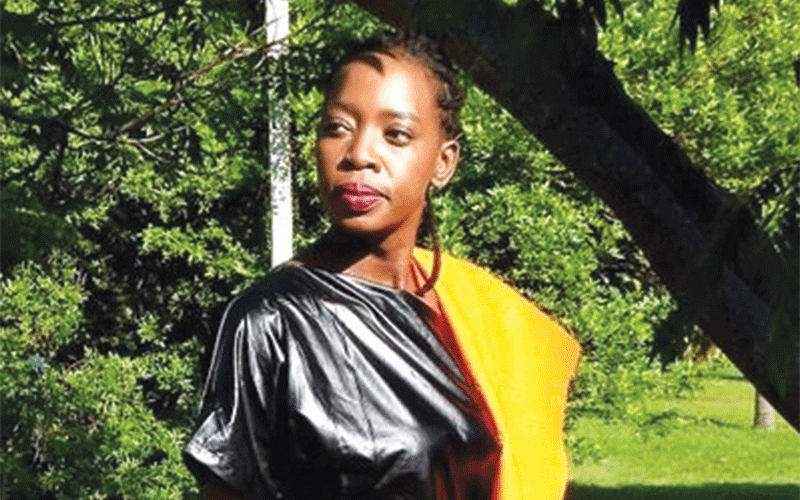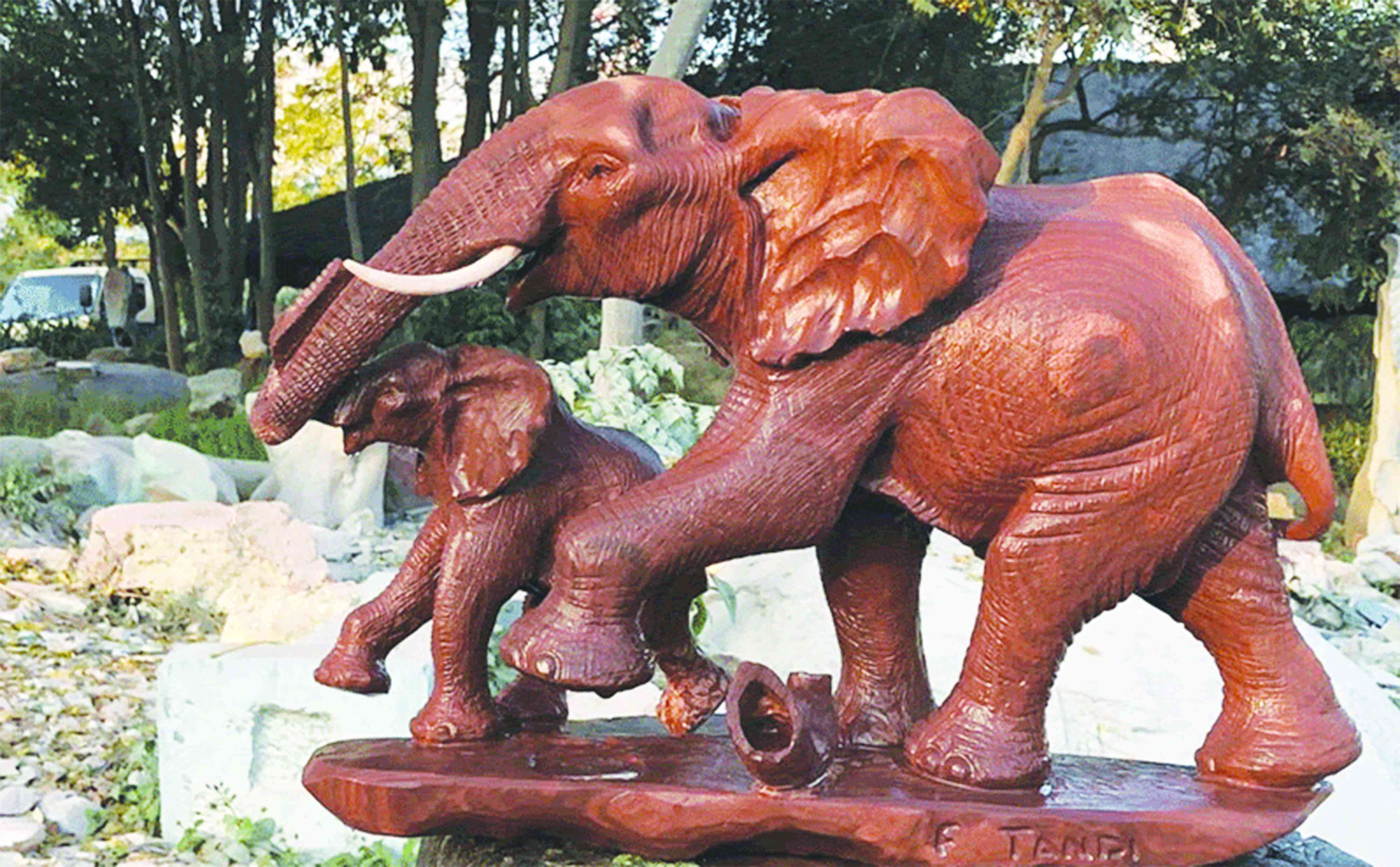
Following the success of a photo exhibition titled “Unevenness: Interrogating Dominating and Dominated Relationships Based on Different Cultures, Religions and Histories” that was presented in April, the National Gallery of Zimbabwe (NGZ) has launched a video version of the showcase.
Under the sub-theme “Looking at Video Art”, the exhibition, which runs until July 1, will present videos from across the world to give an insight into the power wars currently taking place all over the globe.
The exhibition includes an intelligent display of video art, a form of art that is still new in the local art circuit. Video art and installation is a contemporary art form that combines video technology with installation art.
“The exhibition aims at challenging the preconceived ideas about the minority cultures which are (presumed to be) Africa, Asia and Latin American cultures, versus the dominant cultures,” said NGZ Executive director Doreen Sibanda. She said some of the works included Mudi Yaya’s video Conrad’s Circus Trilogy Chapter III, where Africans are caricatured. It portrays an unevenness of the African figure, with features such as dark skin, fat lips and peculiar behavioural characteristics. Sibanda said since time immemorial, this representation of Africans has been a tool used to elevate the superiority and inferiority complex zone, making it harder to advance the dignity of the people. She added that another outstanding video was Samba Fall’s Yesterday I had a Dream which explains how the economies of the world had propelled capitalism, which had robbed the majority working class of their financial independence.
Sibanda said it depicts how the global economic crunch and personal greed led to debt and poverty in many countries and touches on a combination of several distinct environments of war-torn areas and globalisation of culture.
“Through these displays, artists critically question the nature of the relationships constructed from the interaction of histories across the world and they also aim to contribute to the current dialogue about globalisation and how widespread the attended benefits for different people are,” she said.
Using the concept of moving pictures the exhibition invites audiences to examine responses to confrontations with a difference and this consideration is in keeping with an intelligent display of work which seeks to challenge widespread notions within society regarding social, economic, cultural, historical, racial and religious differences. Sibanda said PG Gallery will have Martin Stewart and Kombo Chapfika’s Reflective Projections, a multimedia visual art installation exploring the notions of reflection, time and place in contemporary Zimbabwe.











